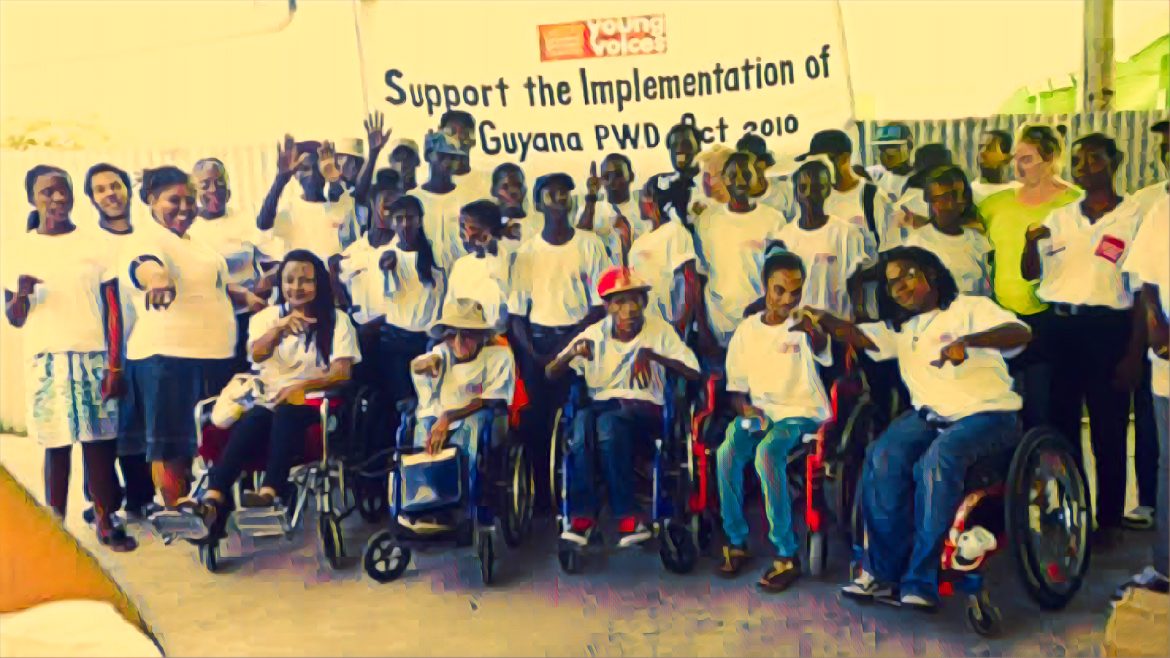KEY POINTS
- Reps vow to enforce provisions of the Disability Act on healthcare, education and employment.
- Nigerian, Lois Auta, wants legislative houses in Nigeria to allocate designated seats for persons with disabilities.
- UN lends support to women and girls with disabilities in Nigeria.
Rt. Hon. Tajudeen Abass, Speaker of the House of Representatives has stated his worries over slow implementation of Discrimination Against Persons with Disabilities (PWDs) Act in Nigeria.
Signed into law in 2019, only 19 out of 36 states have domesticated the Act, a development the Speaker termed disappointing.
Speaking through Deputy Speaker Hon. Benjamin Kalu, at an event marking the 2024 International Day of Persons with Disabilities, the Speaker has reaffirmed the duty of the 10th House of Representatives to enforce provisions of the Act.
Together with the National Assembly, the UN Women Supported Network of Women with Disabilities (AWNWD) organized the event at the Library Conference Hall of the National Assembly Complex Abuja.
Call for state level adoption and full enforcement
The Speaker asked the remaining 17 states to domesticate the Act, noting that PWD’s have continued to suffer high levels of discrimination. The House of Representatives would guarantee the full enforcement, he promised, of the key provisions of the Act on the right to education, health care and employment as well as access.
He said: ‘We are committed to making sure these healthcare, accessibility, education, employment and discrimination provisions are implemented fully.’
In addition, we are also willing to promote the participation of PWDs in decision making structures at all levels. Being disabled does not prevent someone from being able to lead, create or inspire. ‘Inclusion is both a necessity and justice’ the Speaker added.
Nigeria: UN pledges support for PWDs
Also, the United Nations Resident Coordinator in Nigeria, Mohamed Malik Fall, represented by Nesreen Elmolla, UN Women Representative to Nigeria, promised support for PWDs.
At the event, she stressed that the UN’s commitment to the principle of ‘leaving no one behind’ included supporting women and girls with disabilities, who experience compounded challenges because of their ‘intersectionality’.
Elmolla said they will continue to also invest in boosting personal resilience and professional development, notably for women and girls who are most impacted by the intersectionality.
Designated seats in government advocated by PWD leaders
Lois Auta, founder and Executive Director of the Cedar Seed Foundation (CSF), presented a memo to the government on behalf of over 30 million citizens with disabilities.
But she called for the Constitutional Review to include designated seats for men and women with disabilities in the National Assembly and State Houses of Assembly.
“We want representatives from women with disabilities and persons with disabilities given a seat in the National Assembly and the state Houses of Assembly,” Auta argued. Instead, we are only asking for three seats: two for women with disabilities, one for men with disabilities.”
In line with the 2024 World Disability Day theme, *”Amplifying the leadership of persons with disabilities for an inclusive and sustainable future,”*’this request calls for disability inclusive policies and practices—including legislation, guidance and institutional standards to improve disability recognition.
Yet the Discrimination Against Persons with Disabilities Act, signed into law by former President Muhammadu Buhari in 2019, bans all forms of discrimination against PWDs.
Advocates regard the demand for its full implementation as an urgent step towards creating an inclusive society for Nigeria’s over 30 million persons with disabilities.


